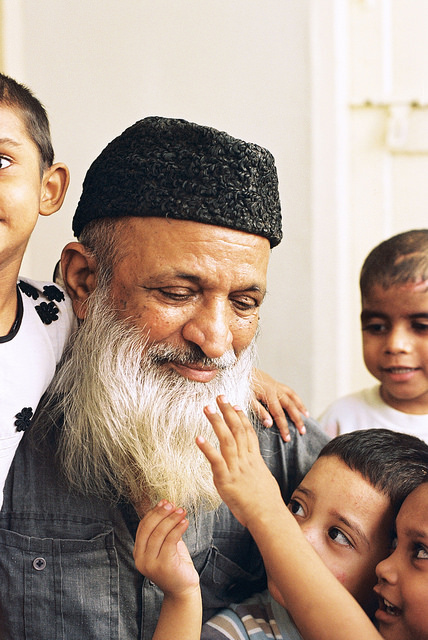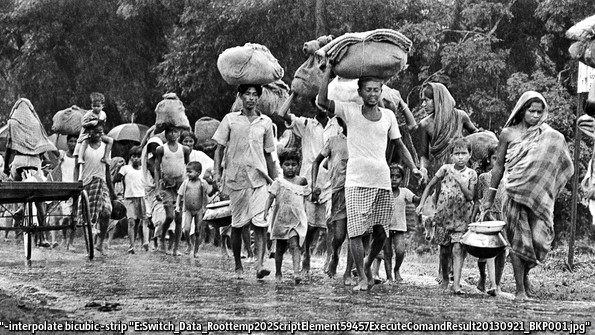
Raghu Rai/Magnum Photos
In 1971, the Pakistani Army had free rein to kill at least 300,000 Bengalis and force 10 million people to flee.
By?DEXTER FILKINS
In the 40-odd years that America and the Soviet Union faced off in the cold war, the people who presumed to run the world started with the knowledge that it was too dangerous, and possibly even suicidal, to attack one another. But the struggle was fierce, and what that meant in practice was that the competition played out in impoverished places like Cuba and Angola, where the great statesmen vied, eyed and subverted one another, and sometimes loosed their local proxies, all in the name of maintaining the slippery but all-important concept known as the balance of power.
The peace held, of course ? that is, the larger peace. The United States and the Soviet Union never came to blows, and the nuclear-tipped missiles never left their silos. For the third world, where the competition unfolded, it was another matter entirely. The wreckage spread far and wide, in toppled governments, loathsome dictators, squalid little wars and, here and there, massacres so immense that entire populations were nearly destroyed.






